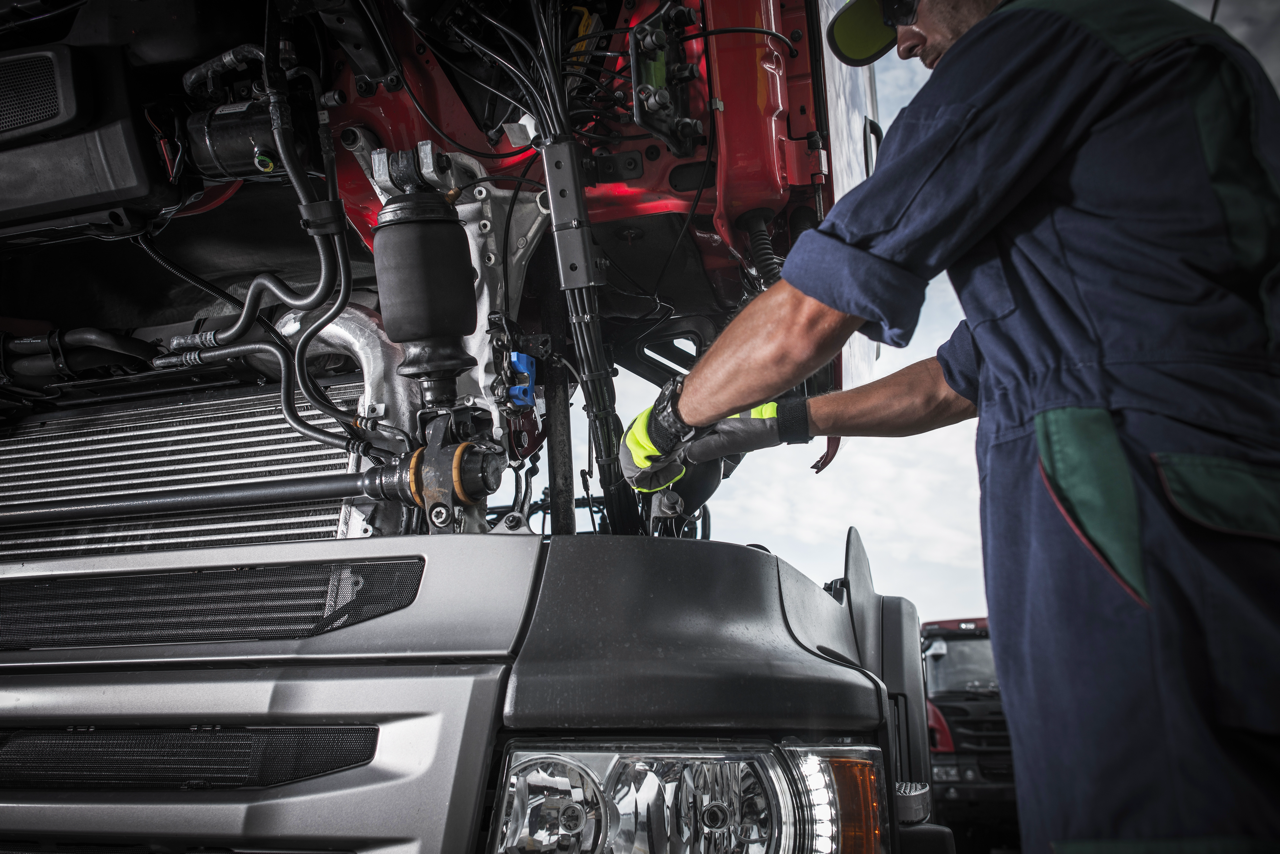The Road to Success: The Importance of Preventative Maintenance in Trucking Companies
In the fast-paced world of trucking, where time is money and deliveries must be on schedule, the significance of preventative maintenance cannot be overstated. For trucking companies, implementing a robust preventative maintenance program is not just a matter of compliance with regulations; it is a strategic investment in the longevity of their fleet, the safety of their drivers, and the overall success of the business.
Trucks are the backbone of any successful trucking company. They are the workhorses that haul goods across vast distances, facing diverse weather conditions and challenging terrains. Regular wear and tear is inevitable, but with a preventative maintenance plan in place, companies can minimize the risk of unexpected breakdowns and costly repairs.

Key Components of Preventative Maintenance:
- Scheduled Inspections:
Regular, scheduled inspections of every vehicle in the fleet are crucial. This includes checking engine components, brakes, tires, lights, and fluid levels. Identifying and addressing potential issues early on can prevent them from escalating into major problems that could lead to breakdowns or accidents. - Fluid Checks and Changes:
Maintaining proper levels of fluids such as oil, transmission fluid, brake fluid, and coolant is essential for the smooth operation of a truck. Regular changes of these fluids based on manufacturer recommendations prevent engine wear and reduce the risk of overheating. - Tire Maintenance:
Proper tire maintenance is critical for both safety and efficiency. Regularly checking tire pressure, rotating tires, and replacing worn-out treads not only extend tire life but also improve fuel efficiency. - Brake System Inspection:
Given the weight and size of trucks, a well-functioning brake system is paramount for safety. Regular inspections, adjustments, and replacements of brake components ensure that the braking system remains reliable and responsive. - Electronic Systems and Software Updates:
Modern trucks are equipped with sophisticated electronic systems. Regular updates to software and thorough checks of electronic components help prevent issues related to engine performance, fuel efficiency, and emissions.
Benefits of Preventative Maintenance:
- Cost Savings:
While investing in preventative maintenance may seem like an additional expense, it pales in comparison to the costs associated with unexpected breakdowns and emergency repairs. Regular maintenance helps identify and address issues before they become major problems, saving both time and money in the long run. - Safety First:
Safety is a non-negotiable priority in the trucking industry. Preventative maintenance not only ensures that vehicles are in optimal condition but also reduces the risk of accidents caused by equipment failure. - Maximized Fleet Efficiency:
Well-maintained trucks operate more efficiently. Regular oil changes, tire rotations, and fluid checks contribute to better fuel efficiency, ultimately improving the overall performance of the fleet. - Extended Vehicle Lifespan:
A preventative maintenance program significantly extends the lifespan of trucks. By addressing wear and tear proactively, companies can get more mileage out of their vehicles, delaying the need for expensive replacements.
In the highly competitive realm of trucking, preventive maintenance transcends being a mere routine—it stands as a crucial necessity. More than just compliance with regulations, it represents a strategic investment yielding dividends in cost savings, safety, and operational efficiency. Trucking companies, by prioritizing the well-being of their fleet, can confidently steer their way to success, ensuring timely and incident-free deliveries. With Single Point’s insurance down payment assistance program, you can save both money and time, allowing you to concentrate more on maintaining the health of your fleet.
